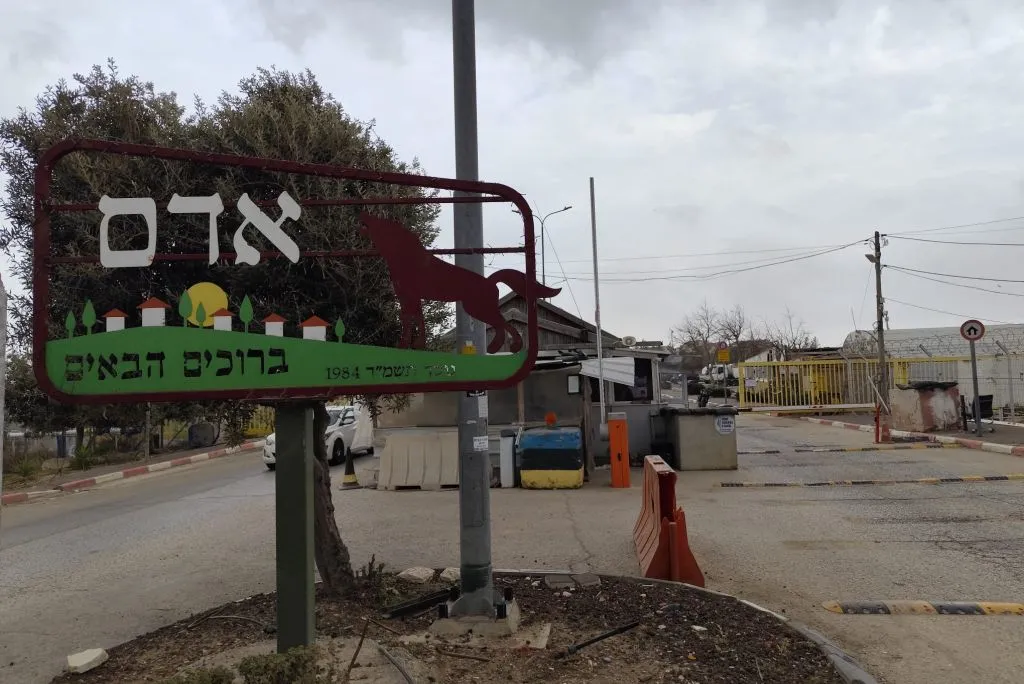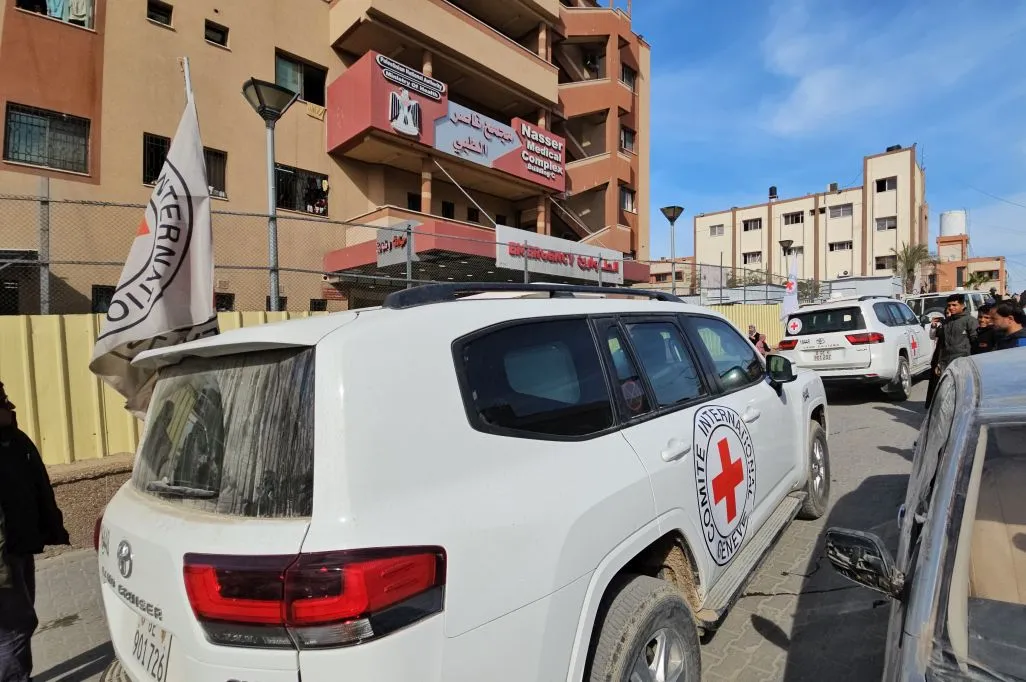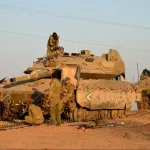Jerusalem, 30 September, 2025 (TPS-IL) — “It’s overwhelming. I’m already giving up so much—and we’re stretched so thin. How much more can I give to the country?” Einav, 38, told The Press Service of Israel as her family faces another round of army reserve call-ups.
Einav, mother of a soon-to-be first grader and a baby under one, described the impact at her Jerusalem home.
“I’ve stopped talking to people about it because, honestly, there’s no point anymore. No one gets it. Some people around me don’t even realize there’s a war going on. I’m trying to stay grounded, but the stress—it’s overwhelming. It’s just my reality now,” she said.
Shirel, 32, mother of a toddler and a small baby, said her husband was drafted immediately after October 7 and is now scheduled to return to duty before Yom Kippur.
“Since October 7, he’s been in and out of reserve duty for every holiday. This Rosh HaShanah was the first time in two years we celebrated as a family. And now he’s been called up again; he won’t be home for the rest of the holidays,” she told TPS-IL. “Our son, just two and a half, doesn’t understand what’s happening. One minute Dad is here, the next he’s gone for weeks, and it’s really messing with him — he’s even started pulling away.”
A resident of the Modi’in area in central Israel, Shirel added, “Many moms have had to quit their jobs. I work alongside my husband at his business when I can, but with a small baby and a child who needs constant attention, it’s exhausting and lonely. The system has to make these rotations less frequent. Otherwise, those who carry the burden will eventually drop.”
Despite repeated assurances from the Israel Defense Forces (IDF) that efforts are being made to ease the burden, call-ups continued. Senior IDF officers acknowledge the problem but have yet to resolve it. Even if Hamas accepts a White House proposal to end the war in Gaza almost immediately, the army faces continued strain.
In September, the head of the IDF Manpower Directorate, Maj. Gen. Dado Bar Kalifa, told the Knesset Foreign Affairs and Defense Committee that the army is short roughly 6,000–7,000 combat soldiers and a similar number of support personnel. He offered no details on whether that figure includes thousands of former combat soldiers previously exempted, many of whom remain fit and willing to serve.
A letter from the Forum of Reservists’ Wives, sent to Prime Minister Benjamin Netanyahu and Defense Minister Israel Katz on September 4, demanded a decision to recruit “exempt but eligible” soldiers back into service.
Exemptions, or ptorim, are meant for soldiers released from reserve duty due to medical, psychological, or family circumstances. But in recent years the IDF issued them more broadly as part of efforts to downsize the army. It isn’t clear how many Israelis received exemptions.
The IDF Spokesperson’s Unit told TPS-IL that call-ups are based solely on “operational need and professional considerations.” Since the war began, the reserve force has grown by more than 25%, roughly 30,000 soldiers have been transferred from IDF databases into active units, and about 53,000 previously exempted individuals have voluntarily returned to duty. The army declined to say how many eligible former combat soldiers remain available.
The forum reported to TPS-that the official response was that the IDF Manpower Directorate was organizing “re-enlistment days” for former combat soldiers.
TPS-IL reached out to the Prime Minister’s Office, the Ministry of Defense, and the Knesset Foreign Affairs and Defense Committee chairperson for comment but received no response.
An anonymous reservist who participated as an interviewer in a “re-enlistment day” recruiting drive in Tel Aviv in May described the scale of the operation.
“It wasn’t just one day—it was a whole week at the Tel HaShomer induction base. Each day focused on different brigades. Around 4,000 people showed up daily; many didn’t even know they’d been listed as exempt before being called. Most were men in their mid-20s to mid-30s who had only recently completed their service—combat engineers, tank crews, and others from units that were shut down when the army decided to ‘get small,’” he told TPS-IL.
“If someone wanted to join the new division, he went there. If not, the army offered other options — military police, Tel Aviv units. There were over twenty interviewers per battalion; it was a huge operation,” he added.
But for families like Einav’s, policy debates, recruitment drives, and parsing the data do little to ease the daily strain.
“You have people who do absolutely nothing. They don’t lift a finger, and it’s not fair,” Einav said.
Approximately 1,200 people were killed, and 252 Israelis and foreigners were taken hostage in Hamas’s attacks on Israeli communities near the Gaza border on October 7. Of the 48 remaining hostages, about 20 are believed to be alive.































